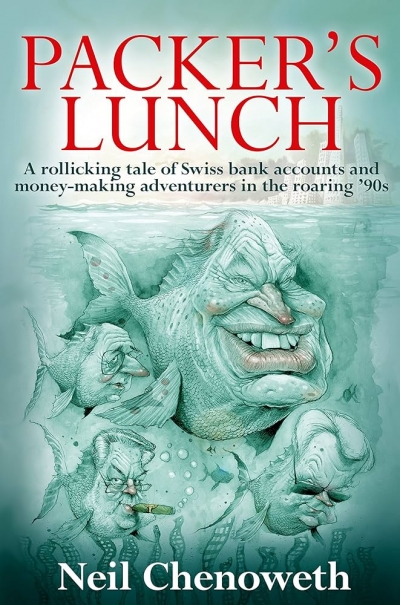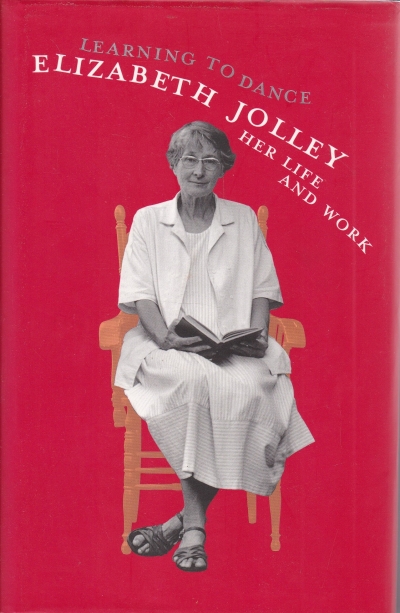Review
Australian Security After 9/11: New and old agendas edited by Derek McDougall and Peter Shearman
by Michael Wesley •
Packer’s Lunch: A rollicking tale of Swiss bank accounts and money-making adventures in the roaring 90s by Neil Chenoweth
by Peter Haig •
The New Puritans: The rise of fundamentalism in the Sydney Anglican Church by Muriel Porter
by Philip Harvey •
Global Matrix: Nationalism, globalism and state-terrorism by Tom Nairn and Paul James
by Roland Bleiker •
Learning To Dance: Elizabeth Jolley – Her life and work edited by Caroline Lurie
by Shirley Walker •
Eddie’s Country: Why did Eddie Murray die? by Simon Luckhurst
by Sonja Kurtzer •
Return to Gallipoli: Walking the battlefields of the great war by Bruce Scates
by Stephen Garton •
Fabianism and Culture: A study in British socialism and the arts 1884–1918 by Ian Britain
by Ian Britain •
Diggerspeak: The language of Australians at war by Amanda Laugesen
by Gary Simes •










